Authorities have culled infected pigs and tightened biosecurity after confirming the island’s first outbreak of the deadly livestock virus.
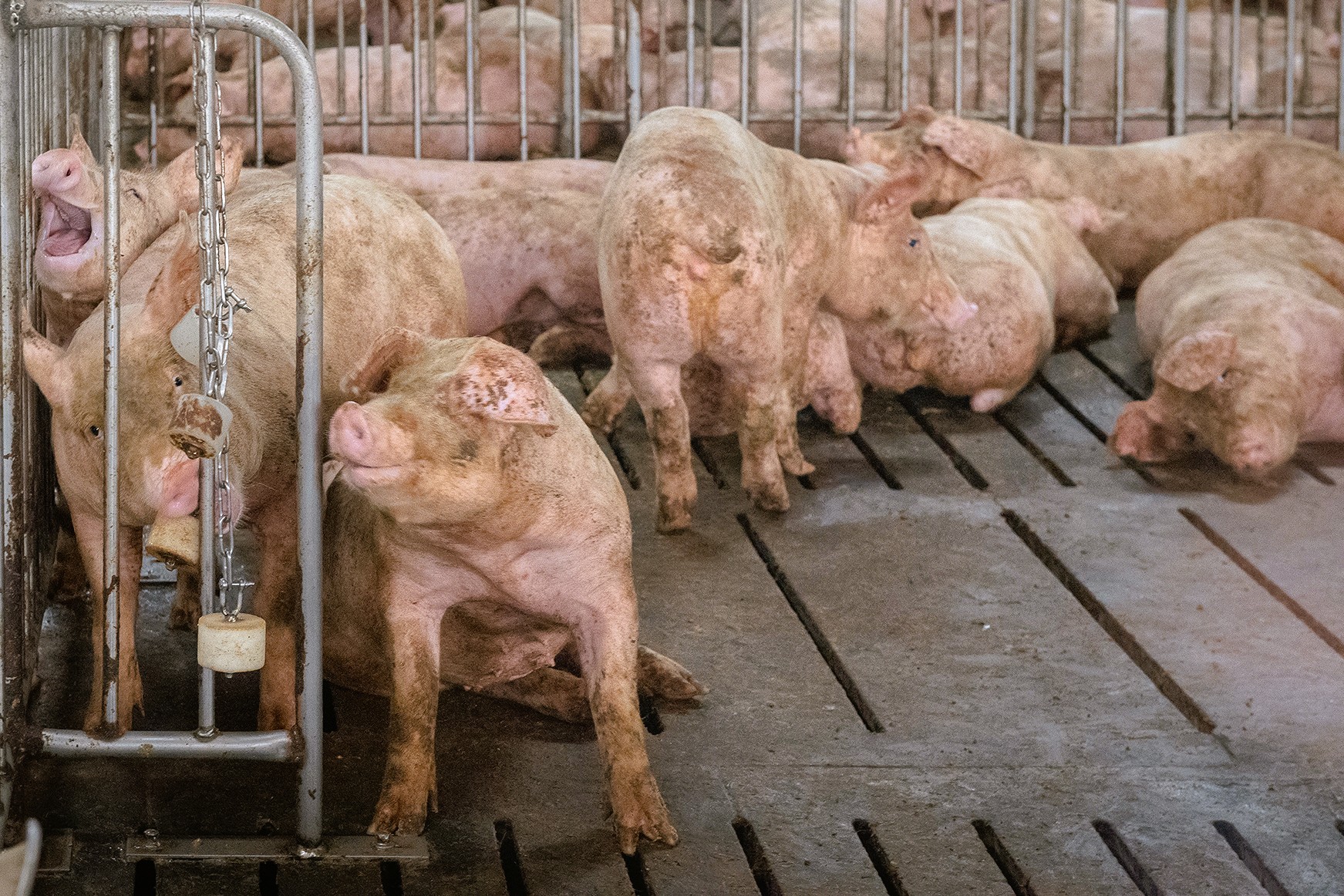
Taiwan has confirmed its first-ever cases of African swine fever (ASF), prompting swift containment measures to protect the country’s USD 2.3 billion pork industry.
Samples from a pig farm in Wuqi District, Taichung, tested positive earlier this month, according to the Ministry of Agriculture. Laboratory results confirmed the presence of the virus, leading to the culling of 195 pigs and disinfection of the affected site.
Officials said there are no signs of infection elsewhere on the island at this stage.
ASF does not affect humans, but it is highly contagious and fatal among pigs, with mortality rates approaching 100%. The virus spreads through contact with infected animals, contaminated feed, or farm equipment, making containment difficult once an outbreak begins.
Nationwide screening and control measures
Agriculture Minister Chen Junne-jih said nearly 80% of pig farms have been inspected, with no new cases found so far. However, the situation remains tense due to ASF’s 15-day incubation period, which may delay detection of additional infections.
The first round of screening included 40 farms linked to the Wuqi site. Nationwide testing is expected to be completed by October 26.
Mr Chen, who heads the Central Emergency Operation Center, said monitoring efforts may be refined based on daily reviews and five-day impact assessments.
Movement and slaughter restrictions
Authorities have traced 28 pigs from the affected farm to nearby markets and are conducting surveillance in surrounding areas. A 3-km control zone has been established around the site, where all pig movement, transport, and slaughter are temporarily suspended.
Nationwide, a 15-day ban on slaughtering, transporting, and feeding pigs with kitchen waste has been imposed to prevent further spread.
These measures have disrupted operations for food providers and pig farmers across Taiwan.
Kitchen waste debate resurfaces
The outbreak has reignited debate over the use of kitchen waste as pig feed. Critics, including opposition leaders, argue that such practices increase the risk of ASF transmission.
President Lai Ching-te responded that most local officials opposed a full ban in 2018, opting instead for strict hygiene standards. Current rules allow kitchen waste use only if it is heated above 90ºC for over an hour to kill pathogens.
Mr Chen said the central government respects local decisions on recycling licenses but is open to reviewing international practices for safer feed alternatives.
Pork sector at risk
Taiwan has an estimated five million pigs, and pork remains a staple protein for its population. The sector supports tens of thousands of small and medium-sized farms and contributes significantly to rural employment and local economies.
Mr Lai urged the public to remain calm and support disease control efforts. He called on livestock associations and pig farmers to stay vigilant and report any unusual deaths immediately.
“Containment is critical at this stage — if any abnormal deaths or suspected infections are found among pigs, please report them to local animal quarantine authorities,” Mr Lai said.
Experts warn that ASF outbreaks can devastate pork-producing regions, causing severe financial losses and long-term herd rebuilding challenges.
Taiwan’s swift containment measures, they said, will be key to preventing the virus from taking hold and threatening its domestic pork supply chain.
Subscribe now to the technical pig magazine
AUTHORS
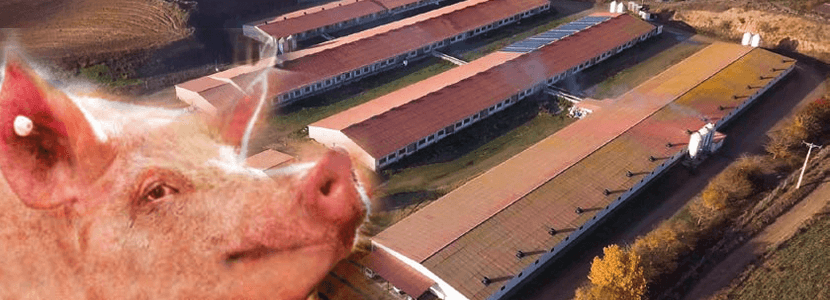
Bifet Gracia Farm & Nedap – Automated feeding in swine nurseries

The importance of Water on pig farms
Fernando Laguna Arán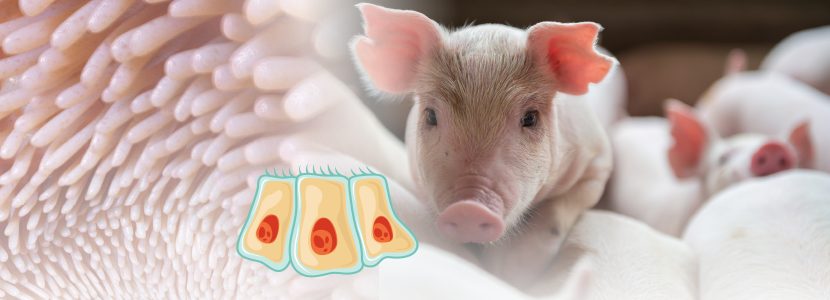
Microbiota & Intestinal Barrier Integrity – Keys to Piglet Health
Alberto Morillo Alujas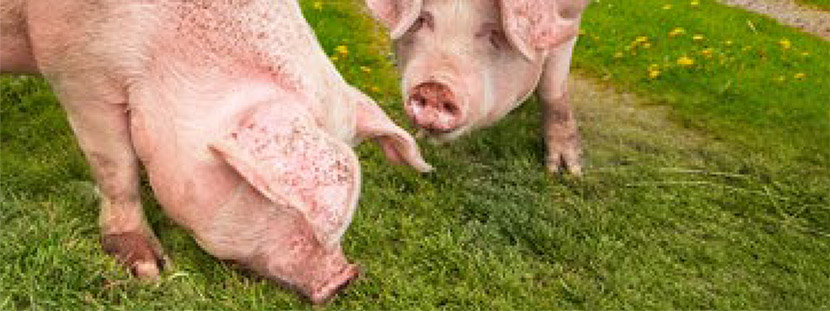
Impact of Reducing Antibiotic use, the Dutch experience
Ron Bergevoet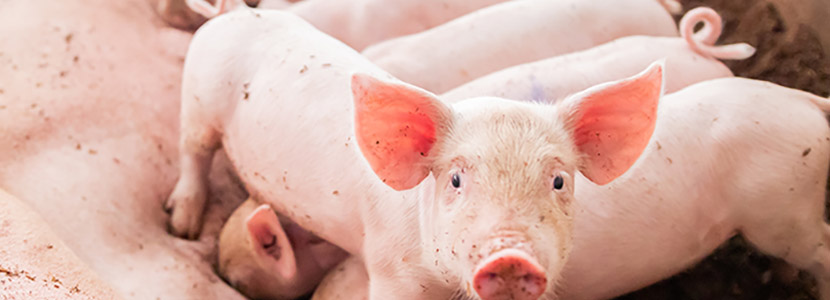
The keys to successful Lactation in hyperprolific sows
Mercedes Sebastián Lafuente
Addressing the challenge of Management in Transition
Víctor Fernández Segundo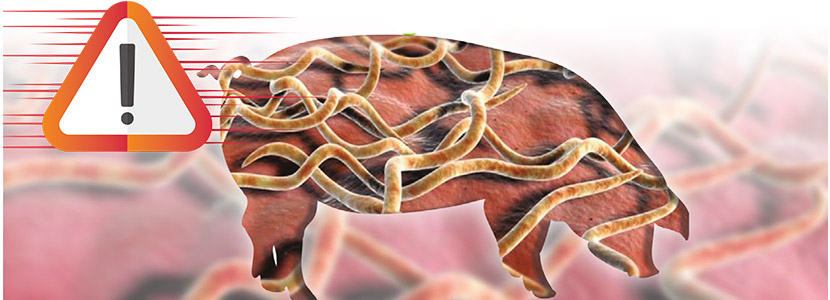
Dealing with the rise of Swine Dysentery
Roberto M. C. Guedes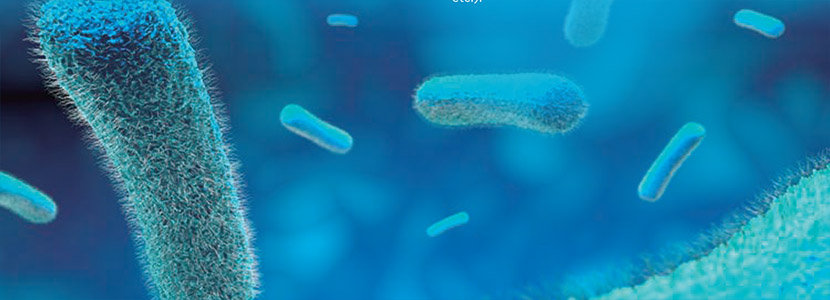
Actinobacillus pleuropneumoniae – What are we dealing with?
Marcelo Gottschalk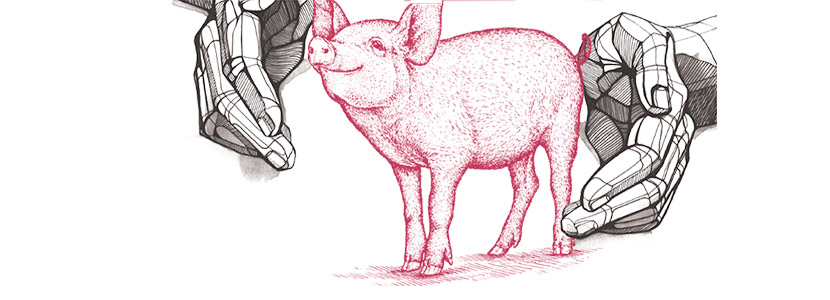
The new era of Animal Welfare in Pig Production – Are we ready?
Antonio Velarde
Gut health in piglets – What can we do to measure and improve it?
Alberto Morillo Alujas
Interview with Cristina Massot – Animal Health in Europe after April 2021
Cristina Massot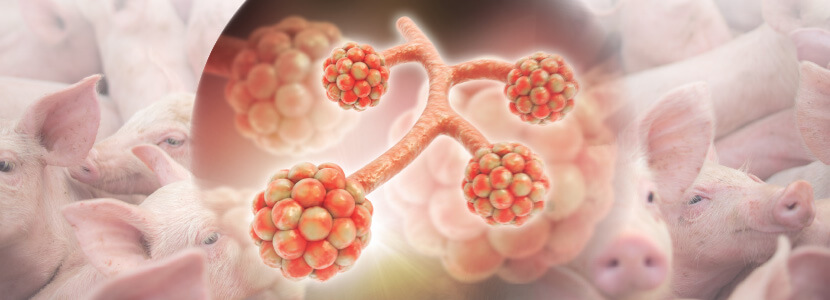
Differential diagnosis of respiratory processes in pigs
Desirée Martín Jurado Gema Chacón Pérez